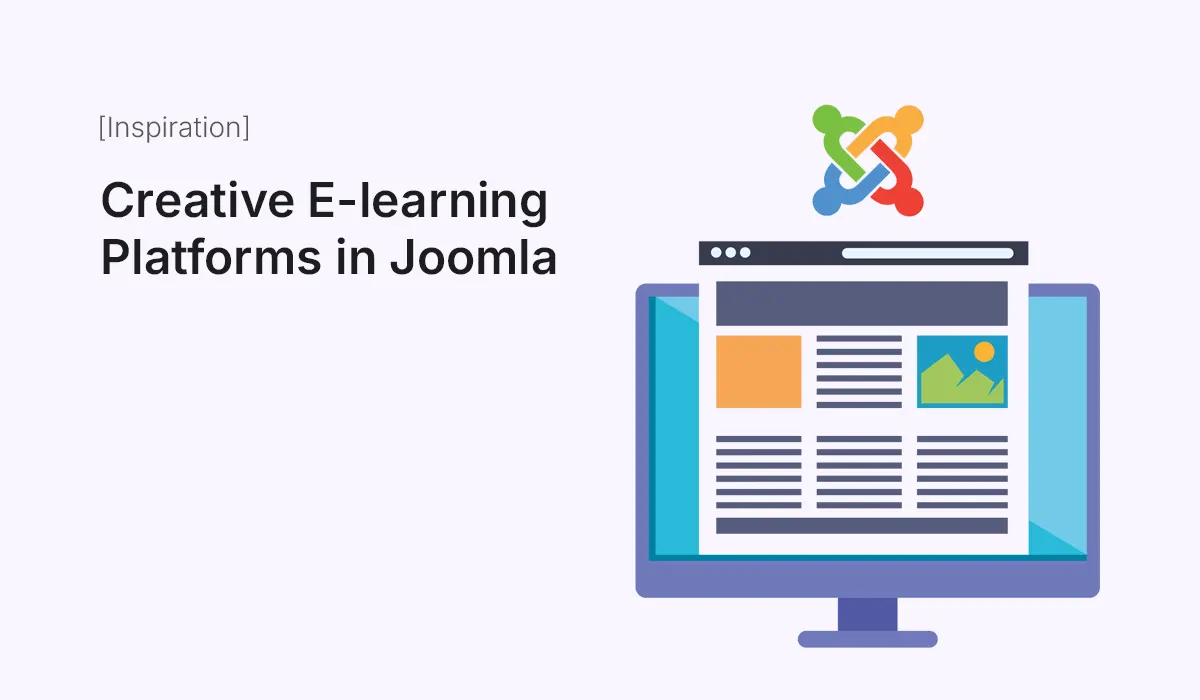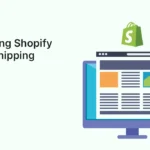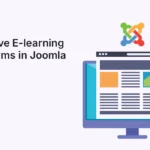The demand for e-learning platforms has skyrocketed in recent years, and Joomla continues to prove itself as a powerful CMS for building flexible and scalable educational websites. With its native multilingual support, advanced user management (ACL), and seamless integration with learning management system (LMS) extensions, Joomla allows educators, schools, and organizations to create unique online learning environments.
In this article, we’ll look at some of the most creative e-learning platforms built with Joomla and how they use design, functionality, and user experience to stand out.
Why Choose Joomla for E-learning?
- Strong LMS integrations: Extensions like Guru, Shika, and SP LMS make course management simple.
- Advanced user roles: Assign permissions for admins, instructors, and students.
- Scalable structure: Suitable for small tutoring platforms to large universities.
- Community features: Combine with extensions like EasySocial or JomSocial for collaborative learning.
- Multilingual support: Perfect for global e-learning platforms.
Inspiring E-learning Platforms Built with Joomla
Here are a few real-world examples and creative approaches you can take inspiration from:
University E-learning Portals
Many universities use Joomla to manage thousands of students and courses. With templates like Educon or Varsita, these portals combine course directories, event management, and student dashboards in a professional layout.
Creative twist: Adding student forums via Kunena or EasyDiscuss creates interactive knowledge-sharing communities.
Corporate Training Platforms
Companies are increasingly adopting Joomla to build employee training and onboarding platforms.
- Built with Shika LMS, these platforms include video courses, quizzes, and certification tracking.
- They often use gamification features (badges, points, leaderboards) to keep employees motivated.
Creative twist: Using Joomla’s ACL system, businesses can restrict access to specific training modules based on department or job role.
Nonprofit & NGO E-learning Sites
NGOs leverage Joomla to educate communities through free e-learning platforms.
- Example: Online health awareness courses, rural education modules, or volunteer training.
- By combining SP LMS + PayPlans, they can offer both free and paid training content.
Creative twist: Adding donation modules lets students support the NGO while learning.
Specialized Coaching Platforms
Small institutes and tutors use Joomla to run niche coaching websites for JEE, SAT, IELTS, and skill-based courses.
- Joomla’s flexibility allows integration with Zoom or webinar plugins for live classes.
- Custom dashboards show students their progress, assignments, and test results.
Creative twist: Blending blogging features with LMS for ongoing educational content and updates.
E-learning Marketplaces
Some Joomla-powered platforms function like Udemy-style marketplaces.
- Multiple instructors can create courses.
- Payment gateways allow revenue sharing.
- Students have ratings and review systems for accountability.
Creative twist: Using membership extensions (PayPlans, Membership Pro), these sites combine subscription models with one-time course sales.
Creative Features That Make Joomla E-learning Platforms Stand Out
- Gamification elements (badges, progress bars, quizzes).
- Mobile-first design for learners on the go.
- Social learning tools like forums, chat, and groups.
- Integrated video hosting with Vimeo or YouTube.
- Certifications and badges to validate achievements.
- Multi-language support for international reach.
Final Thoughts
Joomla is not just a CMS—it’s a powerful foundation for innovative e-learning platforms. From universities to nonprofits and corporate training hubs, Joomla enables educators to combine scalability, customization, and interactive learning experiences.
If you’re planning to build your own e-learning site in 2025, take inspiration from these platforms and explore extensions like Guru, Shika, and SP LMS to create a rich, engaging digital classroom.






